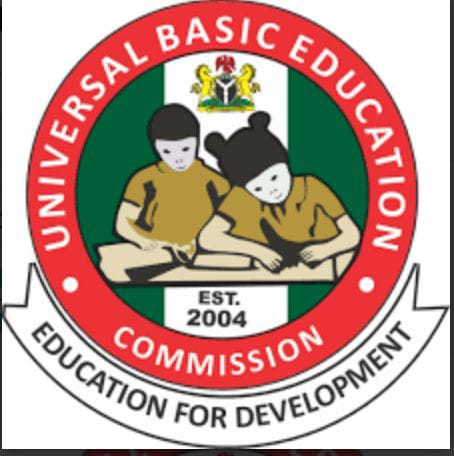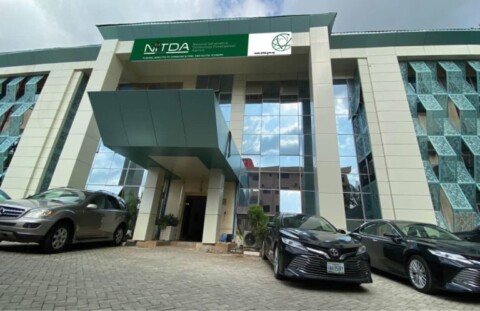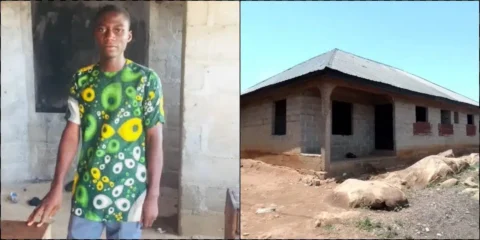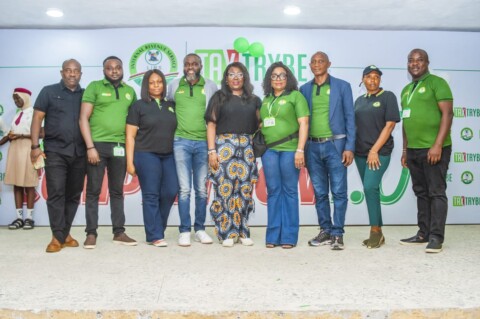The Universal Basic Education Commission (UBEC) is set to introduce an open schooling programme to provide a flexible learning approach in Nigeria. This initiative was announced by Dr. Hamid Bobboyi, UBEC’s Executive Secretary, during a meeting with Civil Society Organisations (CSOs) in Abuja. Dr. Bobboyi, represented by the Deputy Executive Secretary, Service, Professor Isiaka Kolawole, highlighted that this programme aims to increase access to basic education.
Dr. Bobboyi emphasized the importance of CSOs in ensuring that every Nigerian child has access to education. He called for their support to improve service delivery nationwide. The Open Schooling Programme is designed as an accelerated education intervention to support those who cannot access traditional Universal Basic Education (UBE) settings. Despite significant investments and efforts by the government, corporate and private institutions, and individuals, Dr. Bobboyi noted that more needs to be done to improve basic education in Nigeria.
Professor Bala Zakari, UBEC’s Deputy Executive Secretary, Technical, presented the status of the UBE programme in Nigeria. He highlighted a decline in the number of qualified teachers based on data from the 2022 personnel audit in the basic education sector. According to Professor Zakari, there is a severe shortage of qualified teachers in public primary schools. Out of the 694,078 teachers needed at this level, only 499,202 are available, leaving a gap of 194,876. However, Early Childhood Care Development Education (ECCDE) and Junior Secondary Schools have more teachers than required.
To address these challenges, Professor Zakari called for a review of the 2004 UBE Act. He also urged state governments to allocate more resources to education to bridge the gap in the number of qualified teachers and improve the overall quality of basic education.
The meeting was organized to promote robust interactions and idea-sharing between the Commission and CSOs. This collaboration is crucial for the successful implementation of the UBE programme and to ensure that the educational needs of Nigerian children are met effectively.





